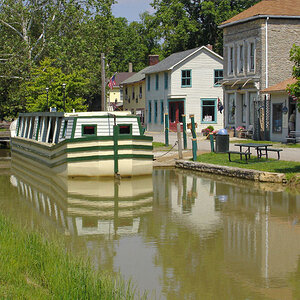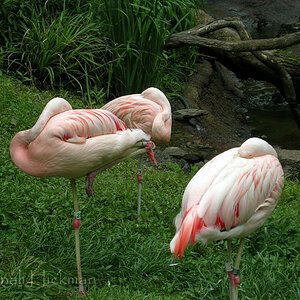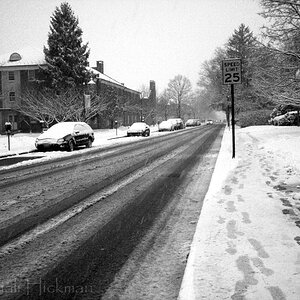WolfSpring
TPF Noob!
- Joined
- Oct 11, 2007
- Messages
- 159
- Reaction score
- 0
- Can others edit my Photos
- Photos OK to edit
Can I use compressed air on the part of the lens that connects to the camera and can I use it on the sensor/mirror area of the camera? If I can or cannot, what is the PSI that I could use from a compressor to clean the dust out of those areas?


![[No title]](/data/xfmg/thumbnail/38/38742-02271ebbfd9d0efdddfac04f9fde5694.jpg?1619738704)
![[No title]](/data/xfmg/thumbnail/38/38743-ad854d502dddc7f41a927f1731a504cd.jpg?1619738704)
![[No title]](/data/xfmg/thumbnail/41/41493-60071420f928565170996b4edc3de2f0.jpg?1619739820)





![[No title]](/data/xfmg/thumbnail/32/32704-68982e06c91b163f96186a4eb21d742f.jpg?1619735607)


![[No title]](/data/xfmg/thumbnail/37/37603-739c5d9b541a083a12f2f30e45ca2b7b.jpg?1619738147)